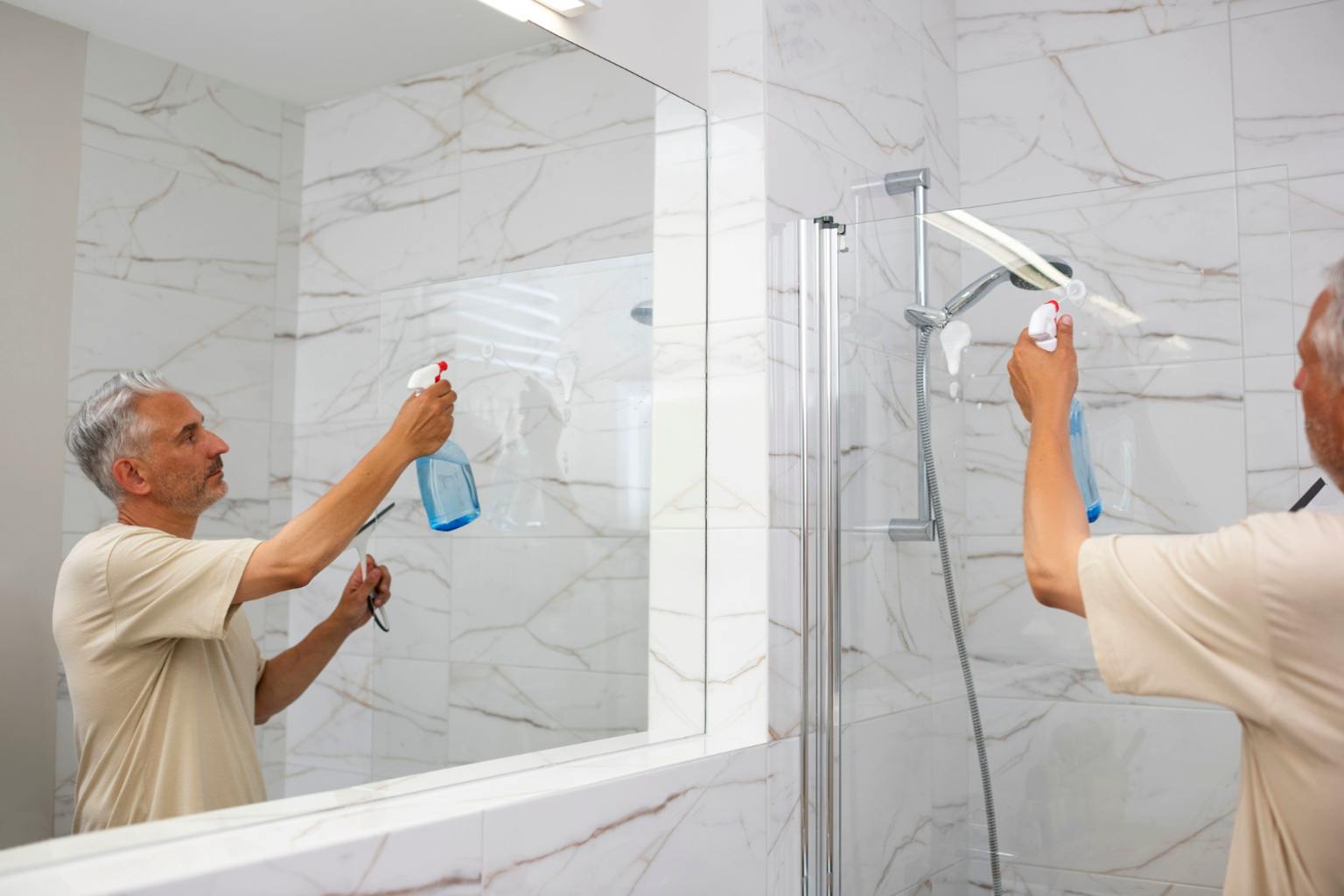Hotels are using a controversial trick to keep shower doors spotless without lifting a finger—and people are divided. Some praise this clever method for its ease and effectiveness, while others raise alarms about its ethics and environmental impact. What’s really behind this hotel hack, and should we be worried?
A new approach to spotless shower doors
In the hospitality industry, where first impressions count more than ever, hotels are turning to a revolutionary cleaning technique to maintain crystal-clear shower doors. Instead of the usual labor-intensive scrubbing, this method uses a special hydrophobic coating that repels water, soap scum, and grime. The result? Shower doors that stay gleaming with minimal effort.
This innovation not only slashes the time housekeepers spend on tedious cleaning tasks, but it also reduces costs for labor and chemical cleaning supplies. For busy hotels handling dozens of rooms daily, this could mean a real boost in efficiency and savings.
Julia, a housekeeper who’s worked in a luxury hotel for over a decade, says, “It’s amazing how the shower doors stay clean for so long. We’ve been able to assign staff to other important jobs, which makes everything run more smoothly.”
Concerns about chemical use and the environment
But this shiny convenience comes with its own set of worries. The coatings applied are often made from chemicals that, although effective, may pose environmental risks once they break down or are washed away. Environmental chemists warn that these substances can release harmful compounds into water systems, potentially affecting local wildlife and ecosystems.
“We really need to weigh the long-term impacts of these chemicals before widely adopting such methods,” explains an environmental chemistry expert. The debate highlights a tricky balance between operational efficiency and sustainability in the cleaning industry.
Mixed reactions from guests and staff
Not everyone is convinced this approach is the best solution. While many guests rave about the spotless showers they encounter during their hotel stays, others express unease about what’s behind that sparkling cleanliness.
One loyal customer said, “It looks great, but I wonder if the products used are safe for my family. Cleanliness is important, but I want to know it’s not at the expense of health.”
On the hotel side, staff appreciate the time saved but remain cautious about possible unforeseen health or environmental consequences down the line. It’s a modern dilemma—the push for convenience facing the pull of responsibility.
Looking ahead: greener alternatives and innovations
In response to these concerns, researchers are already working on eco-friendly solutions that could deliver the same benefits without harmful side effects. Innovations involving natural materials and advanced nanotechnology offer hope for fully biodegradable coatings that keep showers spotless while protecting the planet.
Imagine shower doors that stay clean naturally, breaking down harmlessly and leaving no toxic residue behind. That’s the future scientists are pursuing, striving for a balance between efficiency and sustainability.
Reflecting on this, I’m reminded how progress always brings trade-offs. When I first noticed this hotel cleaning trick on my recent trip, I appreciated the sparkling glass but couldn’t help feeling uneasy about what I wasn’t seeing: what happens to these chemicals afterward? It’s a reminder to stay curious and question the convenience we’re offered.
What do you think? Have you encountered this kind of cleaning method in hotels—or elsewhere? Share your experiences or thoughts below. Is the pursuit of effortless cleanliness worth the possible environmental cost? Let’s start the conversation.
